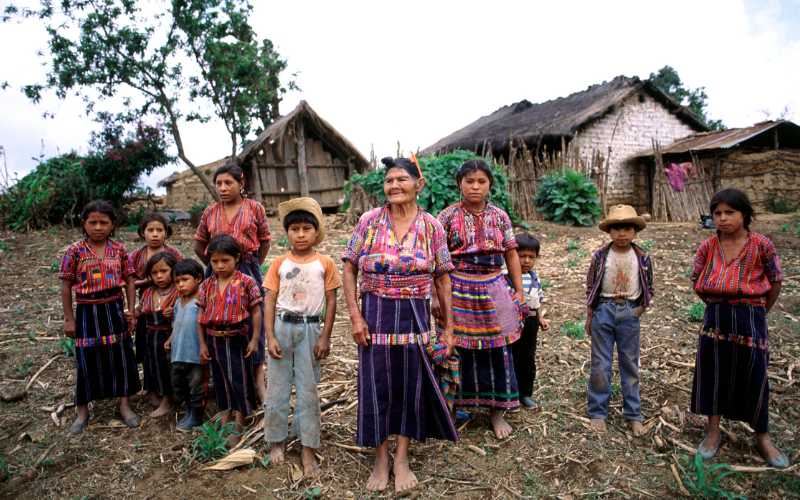
Understanding Indigenous Identity: A Historical and Contemporary Perspective
In contemporary discourse, the term "indigenous" carries significant weight, embodying the essence of place-based ethnic cultures that have maintained a historical continuity with their pre-invasion and pre-colonial societies. However, the term's application raises complex questions regarding its scope and applicability across different cultures and timelines.
Scientists widely accept the theory that humans originated in Africa approximately 200,000 years ago, dispersing across the globe over millennia. This narrative prompts a critical examination of who can rightfully claim the designation of "indigenous." If the term is strictly interpreted based on the timeline of human migration, then Africans would be the only group deemed indigenous, having the longest historical continuity with their ancestral territories.
However, indigenous identity transcends mere chronology. It encompasses a deeper connection to land, culture, and historical experience. Indigenous communities, peoples, and nations assert their distinctiveness from dominant societies that emerged through colonization and settlement. This assertion is rooted in historical continuity and ongoing struggles for recognition, self-determination, and cultural preservation.
Recent history further complicates the discourse on indigenous identity. Colonization and imperialism have disrupted and marginalized indigenous societies worldwide, often leading to the loss of land, language, and traditional practices. Yet, indigenous peoples persist in asserting their rights and revitalizing their cultures amidst ongoing challenges.
In contemporary contexts, the concept of indigeneity extends beyond a fixed historical narrative. It embraces the resilience and agency of marginalized communities striving to reclaim their autonomy and cultural heritage. Indigenous movements advocate for land rights, environmental stewardship, and social justice, challenging dominant narratives and promoting pluralism and diversity.
Ultimately, the understanding of indigenous identity evolves through dialogue, engagement, and recognition of diverse experiences and perspectives. By acknowledging the complex interplay of history, culture, and agency, societies can foster greater inclusivity and respect for the rights and dignity of all peoples, indigenous and non-indigenous alike.
Disclaimer: The opinions expressed in this article are those of the author's. They do not purport to reflect the opinions or views of The Critical Script or its editor.

Newsletter!!!
Subscribe to our weekly Newsletter and stay tuned.

















Related Comments